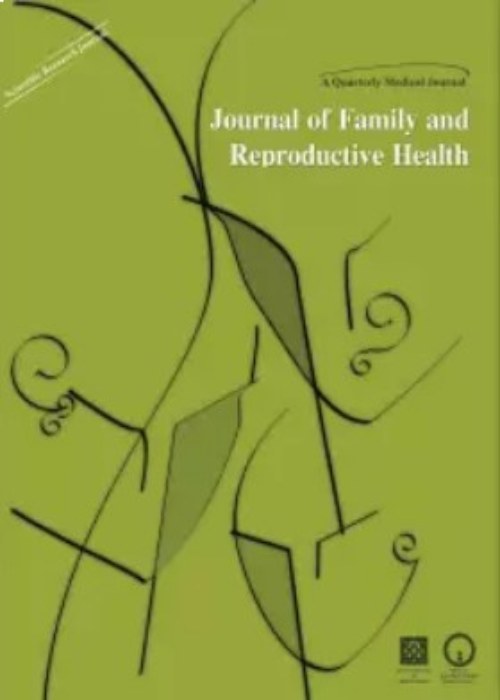Ethnic Disparities in Contraceptive Use and Its Impact on Family Planning Program in Nepal
Author(s):
Abstract:
Objective
Regardless of three decades of implementation of family planning program in Nepal, need of family planning services is largely unmet. Systematic studies, evaluating the impact of family program on several ethnic groups of Nepal has not been carried out in large scale. This study sheds light on the investigation of, whether the use of contraceptives varies among different ethnic groups in Nepal and what are the predictors of contraceptive variance in ethnic groups in Nepal.Materials And Methods
The study is based on data collected from Nepal Demographic Health Survey (NDHS) 2006. Multilevel logistic regression analyses of 10793 married women of reproductive age nested within 264 clusters from the surveys were considered as the sample size. Individual, household, and program variables were set and a multilevel logistic regression model was fitted to analyze the variables, using GLLAMM command in STATA-9.Results
Multilevel logistic regression analysis indicated that Muslims, Dalits and Terai madheshi women were significantly less likely to use modern contraceptives compared to the Brahmins and Chhetries (Higher Castes). Women who were exposed to family planning information in radio were more likely to use modern contraceptives than women not exposed to radio information (OR=1.22, P> 0.01). An odd of using contraceptives by Newar was (OR 1.09, P>0.05), the highest among all ethnic groups. Exposure of women to family planning messages through health facilities, family planning workers, and means of communication, increased the odds of using modern contraceptives. However, impact of the family planning information on contraceptive use varied among ethnicity.Conclusion
Special attention need to be paid, in particular to the ethnicity, while formulating family planning policies in Nepal, for better success rate of family planning intervention programs.Language:
English
Published:
Journal of Family and Reproductive Health, Volume:4 Issue: 3, Sep 2010
Pages:
121 to 128
magiran.com/p899262
دانلود و مطالعه متن این مقاله با یکی از روشهای زیر امکان پذیر است:
اشتراک شخصی
با عضویت و پرداخت آنلاین حق اشتراک یکساله به مبلغ 1,390,000ريال میتوانید 70 عنوان مطلب دانلود کنید!
اشتراک سازمانی
به کتابخانه دانشگاه یا محل کار خود پیشنهاد کنید تا اشتراک سازمانی این پایگاه را برای دسترسی نامحدود همه کاربران به متن مطالب تهیه نمایند!
توجه!
- حق عضویت دریافتی صرف حمایت از نشریات عضو و نگهداری، تکمیل و توسعه مگیران میشود.
- پرداخت حق اشتراک و دانلود مقالات اجازه بازنشر آن در سایر رسانههای چاپی و دیجیتال را به کاربر نمیدهد.
In order to view content subscription is required
Personal subscription
Subscribe magiran.com for 70 € euros via PayPal and download 70 articles during a year.
Organization subscription
Please contact us to subscribe your university or library for unlimited access!


